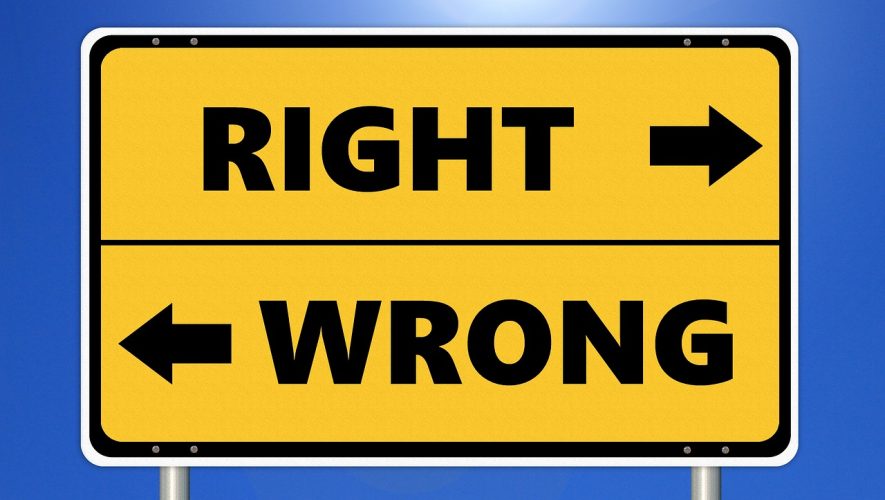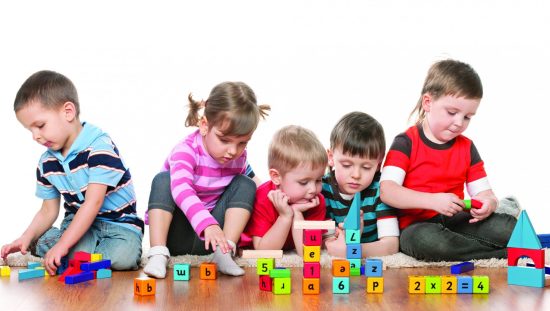What is Moral Development?
Moral development is the process through which children develop proper attitudes and behaviors toward other people in society, based on social and cultural norms, rules, and laws. This refers to the ways we distinguish right from wrong as we grow and mature. Very young children generally do not have the same level of moral development as adults.
Kohlberg’s Stages of Moral Development
Lawrence Kohlberg (1963, 1975, 1981) proposed a detailed sequence of stages of moral reasoning. Moral reasoning is the thinking process involved in judgments about right and wrong. He divided the moral development into three levels, while each level is further subdivided into two stages making six stages in total. The hierarchy of the six stages is as under:
- Level – 1 Pre-conventional Moral Reasoning
- Stage – 1 Punishment – Obedience Orientation
- Stage – 2 Personal Reward Orientation
- Level – 2 Conventional Moral Reasoning
- Stage – 3 Good boy – Nice girl Orientation
- Stage – 4 Law and Order Orientation
- Level – 3 Post-conventional Moral Reasoning
- Stage – 5 Social Contract Orientation
- Stage – 6 Universal Ethical Principle Orientation
Level – 1 Pre-conventional Moral Reasoning
At the pre-conventional level, morality is externally controlled. Children accept and believe the rules of authority figures, such as parents and teachers in order to avoid punishment or receive rewards. This level is divided into two stages.
Stage – 1 Punishment – Obedience Orientation
At this stage, children judge the morality of an action by its direct consequences. An action is perceived morally wrong if it brings punishment to the doer. Hence, rules are obeyed in order to avoid punishment.
Stage – 2 Personal Reward Orientation / Instrumental Orientation
At this stage, personal needs determine the right or wrong. However, a limited interest in the needs of others may be seen, only to the point where it might bring some individual’s own interests. Favors are returned along the lines of “You scratch my back, I’ll scratch yours.”
Level – 2 Conventional Moral Reasoning
At the conventional level of moral reasoning, judgement of right and wrong is based on others’ approval, family expectations, traditional values, the laws of society, and loyalty to the country. This level is subdivided into two stages.
Stage – 3 Good boy – Nice girl Orientation
Stage three reasoning may judge the morality of an action by the social approval. It is determined by what pleases, aids, and is approved by others. The individual wants to maintain or win the affection and approval of others by being a “good person.”
Stage – 4 Law and Order Orientation
At this stage, moral reasoning is based on the idea that laws are absolute, and authorities must be respected to maintain the social order. When someone does violate a law, it is morally wrong; culpability is thus a significant factor in this stage as it separates the bad domains from the good ones.
Level – 3 Post-conventional Moral Reasoning
At the post conventional level, Morality is defined in terms of abstract principles and values that apply to all situations and societies. Post-conventional moralists live by their own ethical principles—principles that typically include such basic human rights as life, liberty, and justice—and view rules as useful but changeable mechanisms, rather than absolute dictates that must be obeyed without question. This level consists of stages five and six.
Stage – 5 Social Contract Orientation
At this stage, the world is viewed as holding different opinions, rights, and values. Such perspectives should be mutually respected as unique to each person or community. Laws are regarded as social contracts that may be modified in accordance with the public good.
Stage – 6 Universal Ethical Principle Orientation
According to Kohlberg, this is the highest stage of functioning. However, he claimed that some individuals will never reach this level. At this stage, the appropriate action is determined by one’s self-chosen ethical principles of conscience. These principles are abstract and universal in application. This type of reasoning involves taking the perspective of every person or group that could potentially be affected by the decision.
OTHER RELATED POSTS



